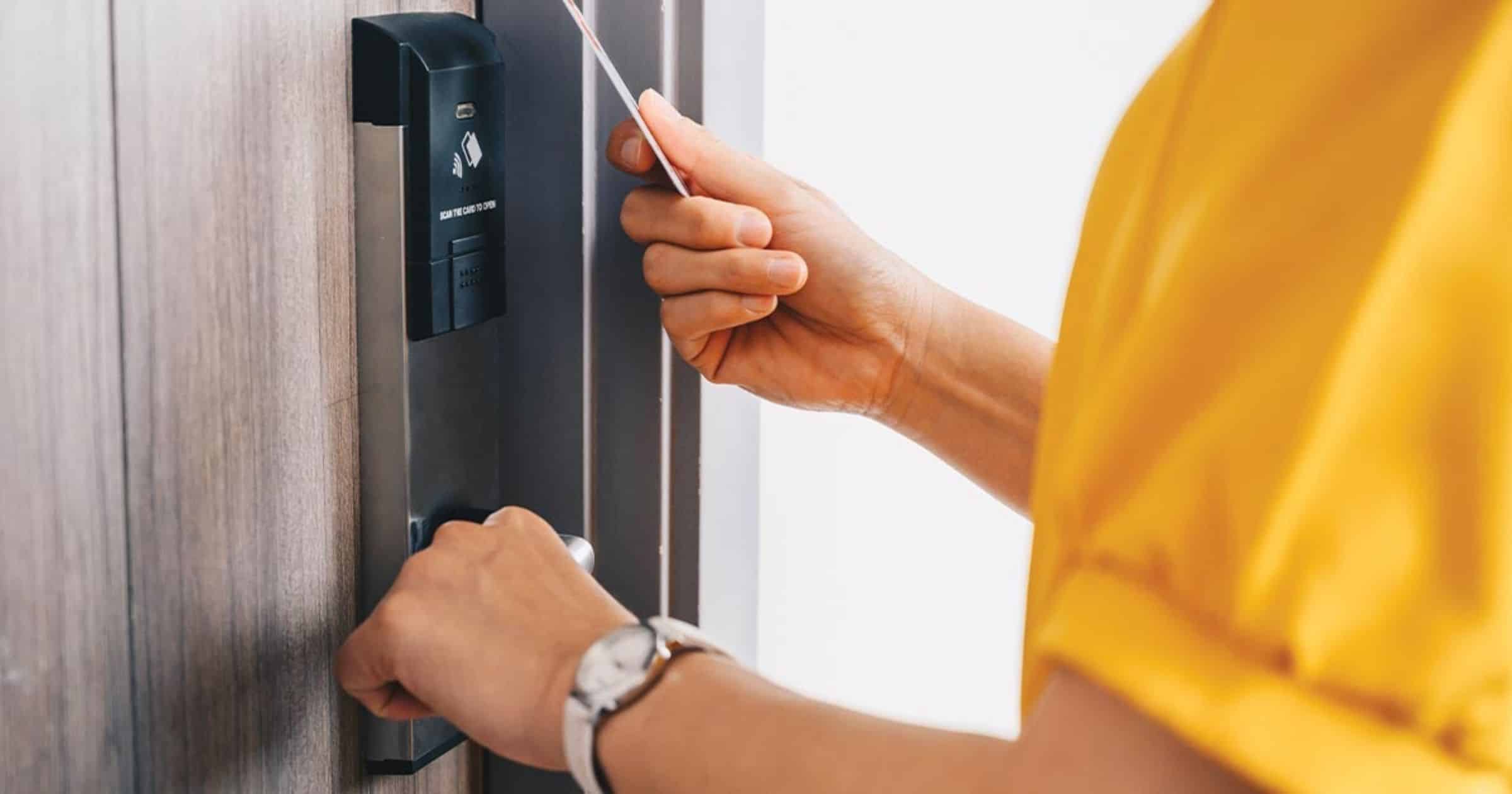When planning student group travel, lodging isn’t just a matter of convenience or cost—it’s a cornerstone of safety. A hotel can serve as a restful home base or quickly become a source of stress if safety protocols aren’t in place. From choosing the right location to understanding emergency procedures, every detail matters. Here’s a guide to keeping your students safe and sound throughout their stay.
Choose the Right Property
Start by doing your homework. Read online reviews, research the surrounding neighborhood’s crime rates, and speak directly with hotel management. Prioritize properties located in safe, low-traffic areas with low crime rates. Hotels with interior corridors are strongly preferred, as rooms with exterior doors or balconies increase the risk of unwanted access.
It’s also essential to confirm that all windows and balcony doors can be securely locked. Rooms should be located together—ideally near chaperones—and should never connect to those of other guests outside the group.
Ask the Right Questions
Once you’ve identified a potential hotel, ask key questions to assess its student-readiness:
- Are the front desk staff and night security trained to accommodate student groups?
- Are the emergency exits clearly marked, unlocked, and unobstructed?
- Is there a fire evacuation plan, crisis management plan, or active shooter response plan—and how often are these reviewed or practiced?
- Can phones and pay-per-view features in rooms be disabled to prevent unexpected charges?
- Are minibars or other items that could incur extra fees removed or secured?
Knowing the answers to these questions up front can prevent headaches later—and ensure the hotel is prepared to support your group in an emergency.
Lock in Safety Upon Arrival
Safety doesn’t stop at booking. Once you check in, inspect the rooms and hotel common areas. Make sure each room has a working smoke detector and carbon monoxide detector if gas appliances are present. Check that all locks—doors, deadbolts, windows—are operational. If anything seems off, ask for a room change immediately.
Also, assess the parking and drop-off areas. Are they well-lit and covered by security cameras? Since many safety incidents happen in hotel parking lots, lighting and visibility are critical—especially if students will be getting on and off a motorcoach there.
Of course, you’ll also want to remind students that they aren’t the only guests in the hotel. Students love to expend their extra energy running down hallways—try to ask them to at the least do it without yelling and slamming doors.
Prepare for the Worst
Before settling in, meet with your group to go over emergency protocols. Designate a primary and secondary meeting location in case of evacuation or another emergency. Make sure students know how to exit the hotel safely, and remind them to keep their room doors locked at all times.
If the hotel hasn’t already provided one, ask for a current fire evacuation map and identify the nearest exits from each student room. Ensure that at least one adult is aware of the hotel’s emergency contact protocol and has a direct line to the Manager on Duty.
Smart Booking Practices
Working with a tour operator experienced in student travel can be an added layer of security. They often have relationships with hotels that are already vetted for student groups and are familiar with the finer points of hotel contracts.
When booking, look beyond the basics. Confirm:
- Interior corridors
- Motorcoach parking or group drop-off area
- Adequate breakfast seating and menu suitable for students
- Room types and occupancy details
- Number of elevators and availability of storage rooms
- Clear and simple contracts that list all fees and services
No one wants to imagine worst-case scenarios on a school trip—but being prepared is a crucial part of keeping students safe. Trust your instincts: If something feels off, speak up. Whether it’s a door that won’t lock or a question the front desk can’t answer confidently, your vigilance is the first line of defense.
By taking time to thoroughly vet your hotel, ask the right questions, and prepare your students, you can ensure that your group’s home away from home is a safe and supportive environment. After all, peace of mind is the best amenity a hotel can offer.




